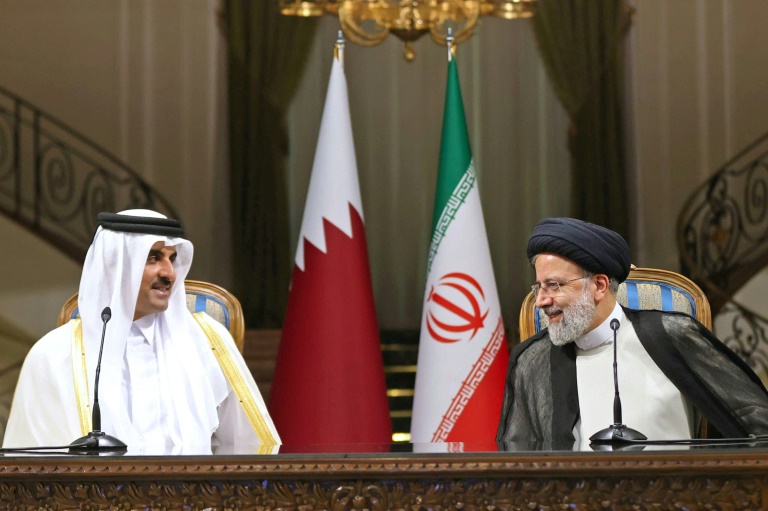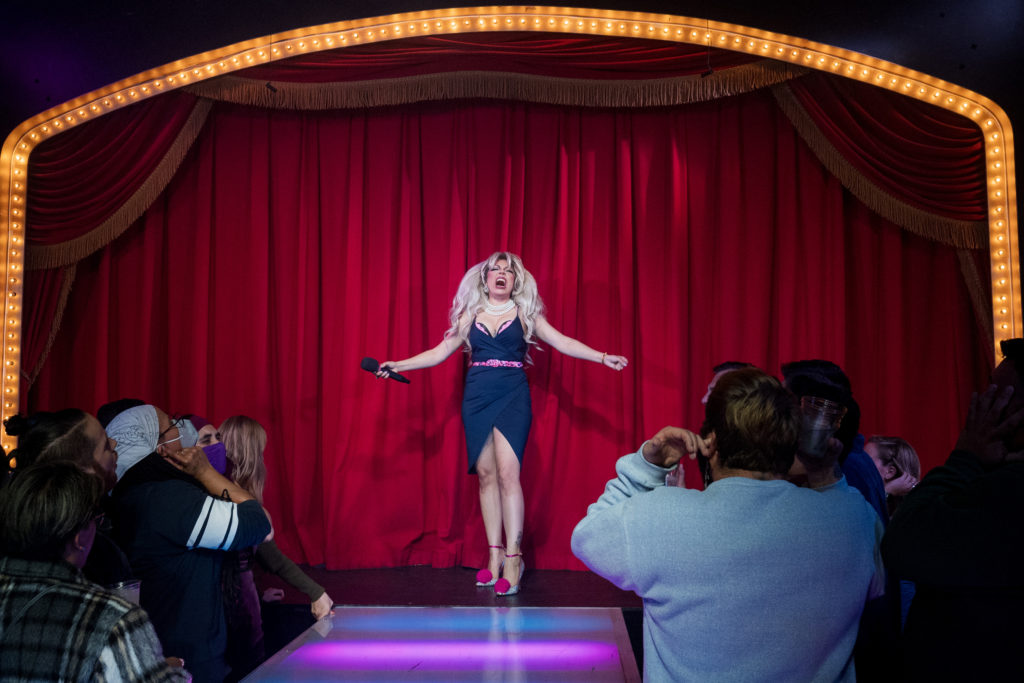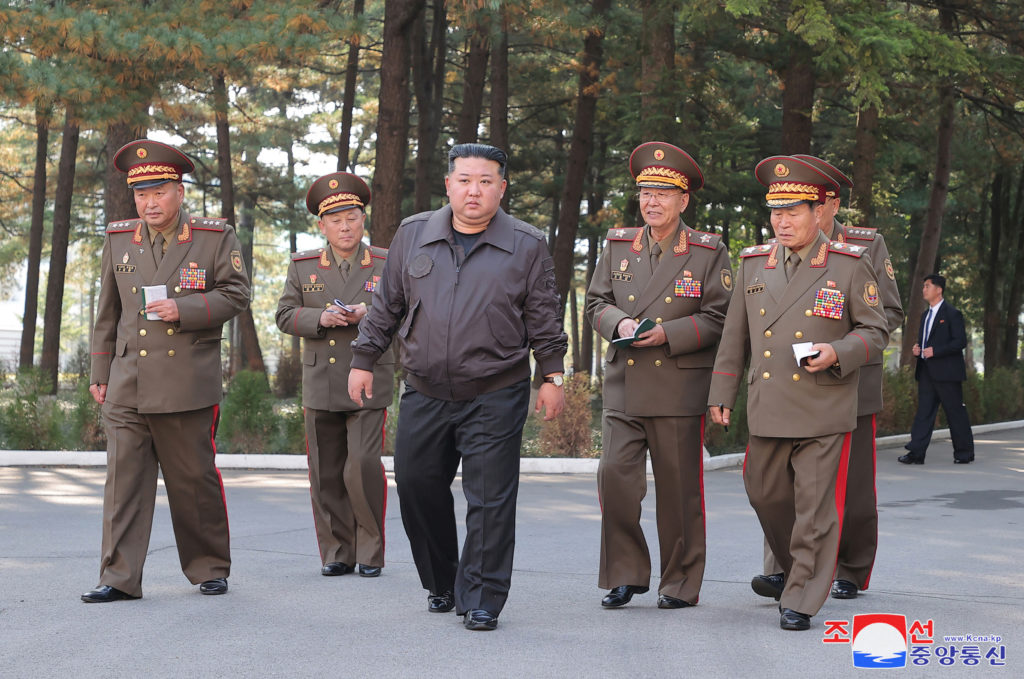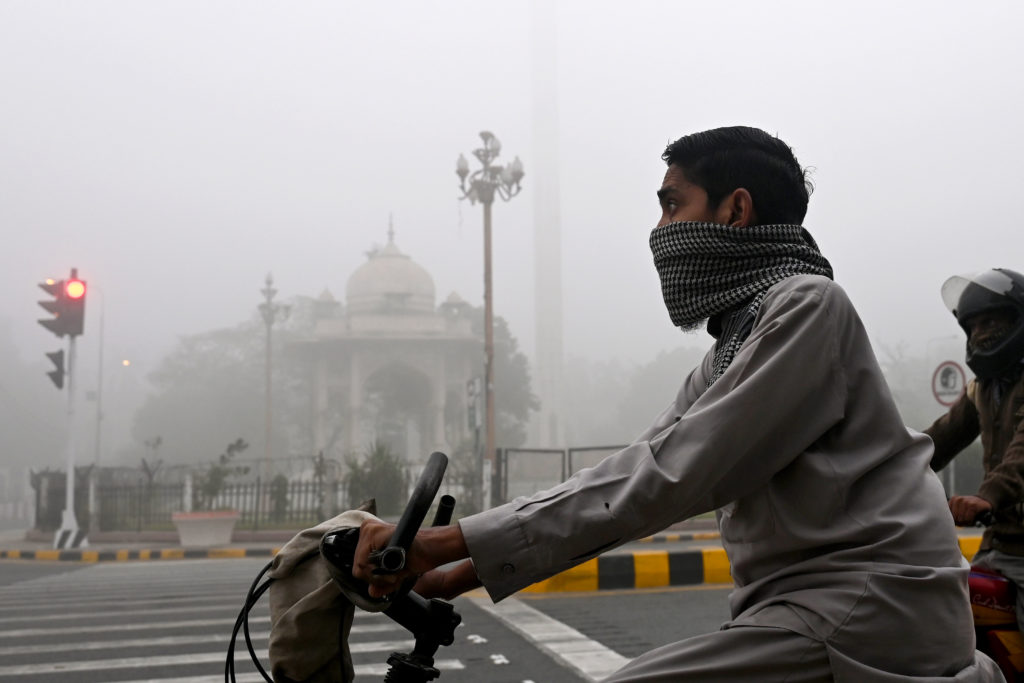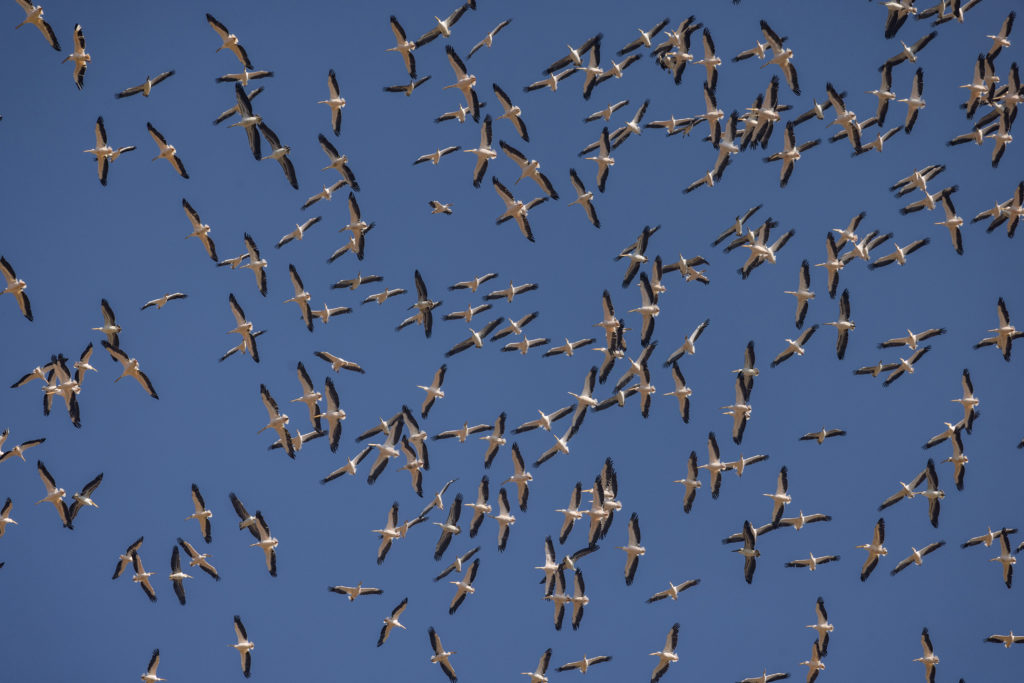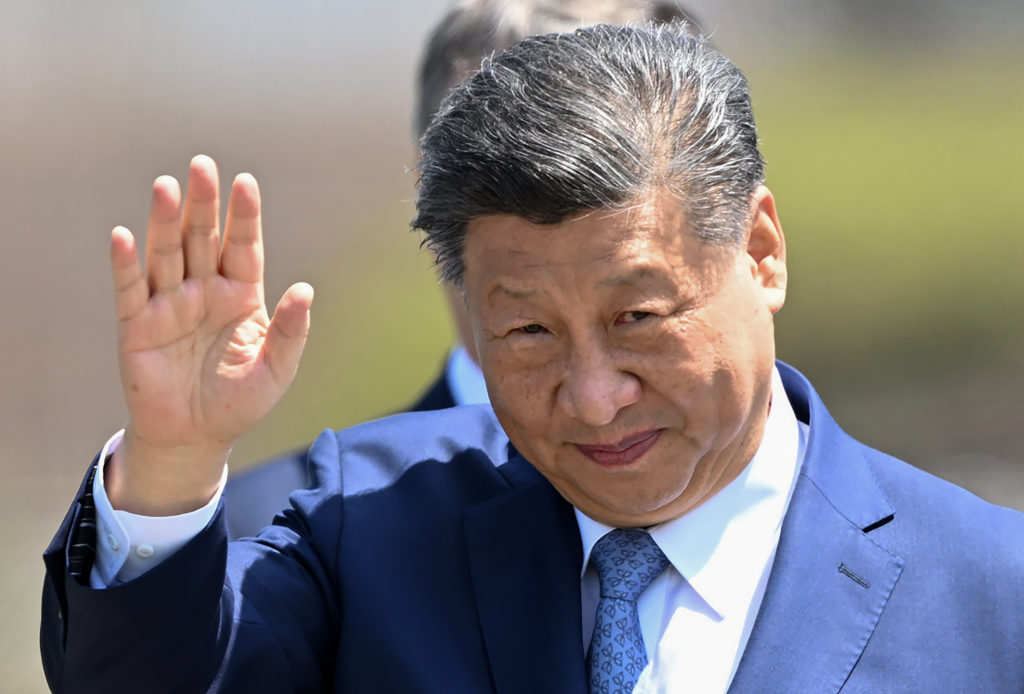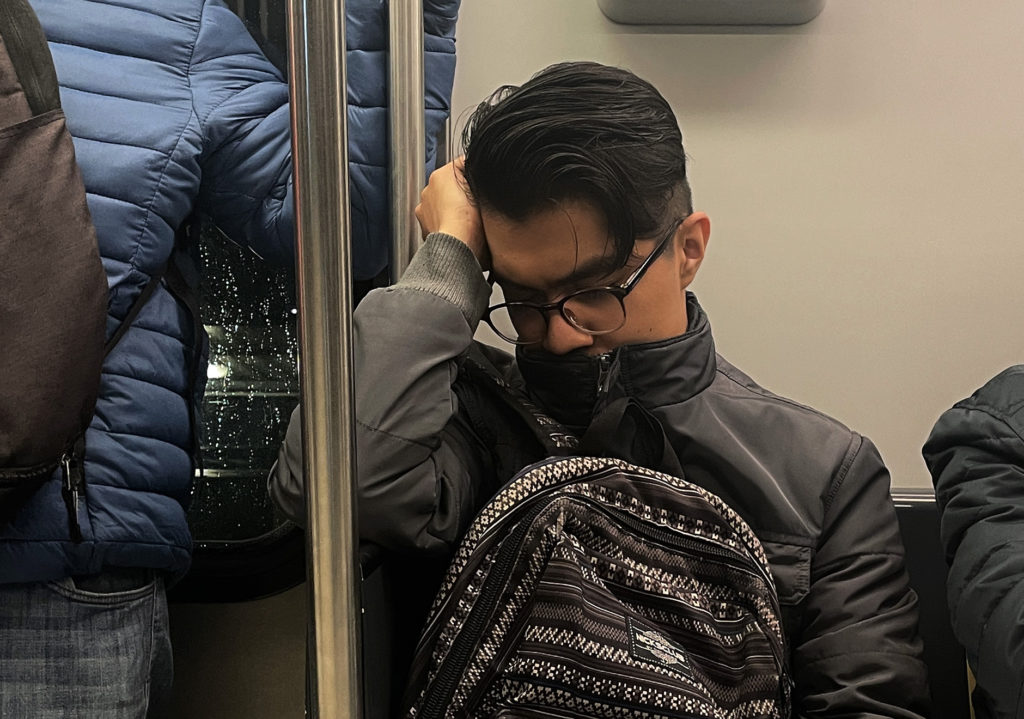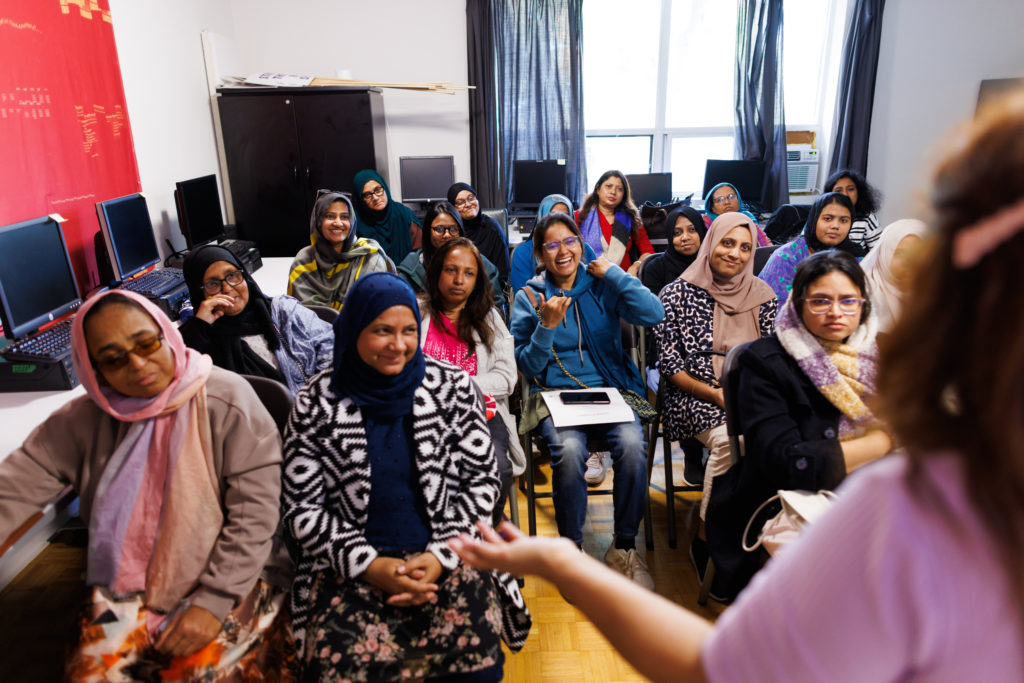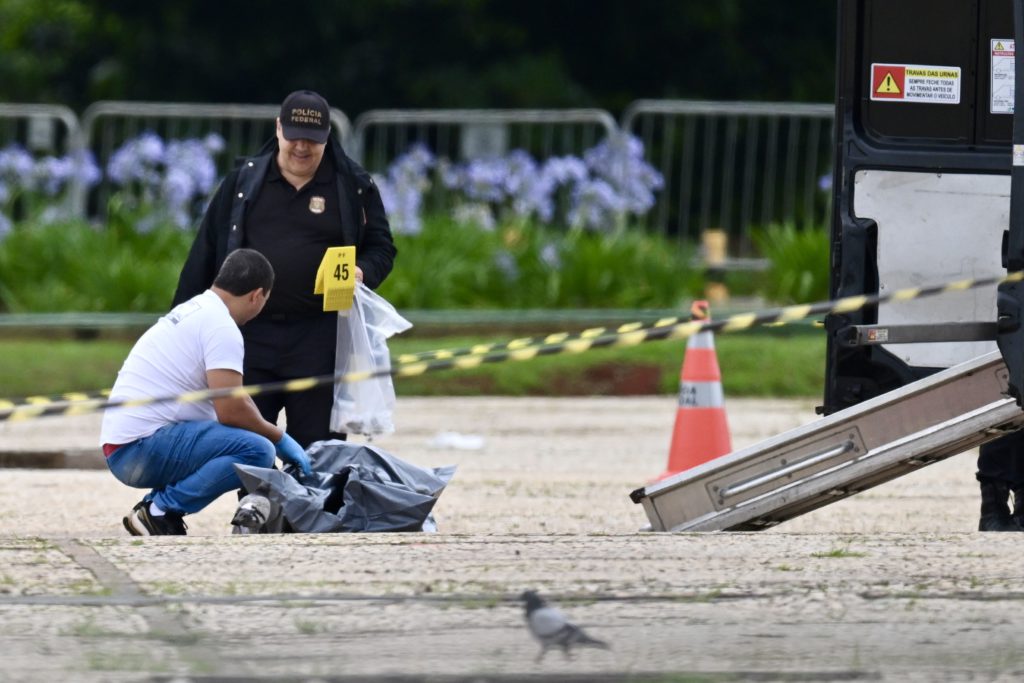Qatar’s emir and the European Union on Thursday said they are working to push forward stalled negotiations aimed at reviving a 2015 nuclear deal between Iran and major world powers.
Sheikh Tamim bin Hamad Al-Thani met Iran’s Supreme Leader Ayatollah Ali Khamenei and President Ebrahim Raisi in Tehran as an EU envoy held a second day of meetings with Iran’s chief negotiator Ali Bagheri in the Iranian capital.
The meetings came as a French diplomatic source expressed pessimism over prospects for the talks that have been paused since March between world powers and Iran on restoring the landmark deal.
The 2015 deal gave Iran sanctions relief in exchange for curbs on its nuclear programme to guarantee that it could not develop a nuclear weapon, something Tehran has always denied wanting to do.
Formally known as the Joint Comprehensive Plan of Action, the agreement was left on life support in 2018 by then-US president Donald Trump’s unilateral decision to withdraw and impose punishing sanctions. This prompted Iran to begin rolling back its own commitments.
Qatar, a close US ally, has added the Iran nuclear dispute to its list of diplomatic hotspots where it has taken a behind-the-scenes mediation role.
“Regarding the negotiations taking place in Vienna, Qatar always looks at them positively,” Sheikh Tamim said during a news conference with Raisi, adding that “the only solution to any disagreement is by peaceful means and dialogue.”
“We are, God willing, pushing all the parties towards” reaching an agreement that is “fair” for everyone, said the Qatari emir.
Raisi did not raise the nuclear issue during the news conference, but he cautioned against foreign meddling.
“Any interference of Western and foreign countries in the region not only can’t ensure security but will also be harmful to regional security,” he said.
Khamenei also told Sheikh Tamim that issues in the region, such as conflicts in Syria and Yemen, can be resolved through regional dialogue without “foreign intervention”, the Iran leader’s office said in a statement.
“Negotiations should not be from a position of weakness, while the other side, mainly the United States and others, rely on military and financial power”, he added.
– Sticking points –
The emir’s one-day visit came as the European Union’s nuclear talks coordinator, Enrique Mora, continued discussions with Bagheri in Tehran, state news agency IRNA reported.
An EU spokesman said Mora was seeking to rescue the nuclear deal.
“It’s in the interest and it’s the role of the coordinator actually to do everything he can in order to save this agreement,” said Peter Stano.
Mora “is in Tehran exactly to move these talks forward, to be able to go back to Vienna and to conclude them in a positive way,” he added.
His visit coincided with a pessimistic assessment by a French diplomatic source who said negotiations “are at a point of deadlock”.
Among the main sticking points in the negotiations is Tehran’s demand for the United States to remove Iran’s Islamic Revolutionary Guard Corps from a designated list of terrorist groups.
A deal had been ready in March but “slipped away” because of this dispute, the French source said.
IRNA said “unfreezing Iran’s assets, cooperation in holding the 2022 World Cup, pursuing prisoner exchanges and cooperation in the field of energy” were also on the agenda of the emir’s visit.
Unlike some of its Gulf Arab neighbours, Qatar has maintained close relations with Iran and the two countries share the world’s largest natural gas field.
Tehran has expressed interest in hosting spectators for football’s World Cup finals in Qatar in November on its nearby resort island of Kish.
It is waiving visa fees for visitors in the hope of attracting fans to the island.
Sheikh Tamim thanked Iran for its “cooperation and support for the success of this competition”.
Khamenei described the level of economic relations between the two countries as “very low” and said it “should be multiplied.”

